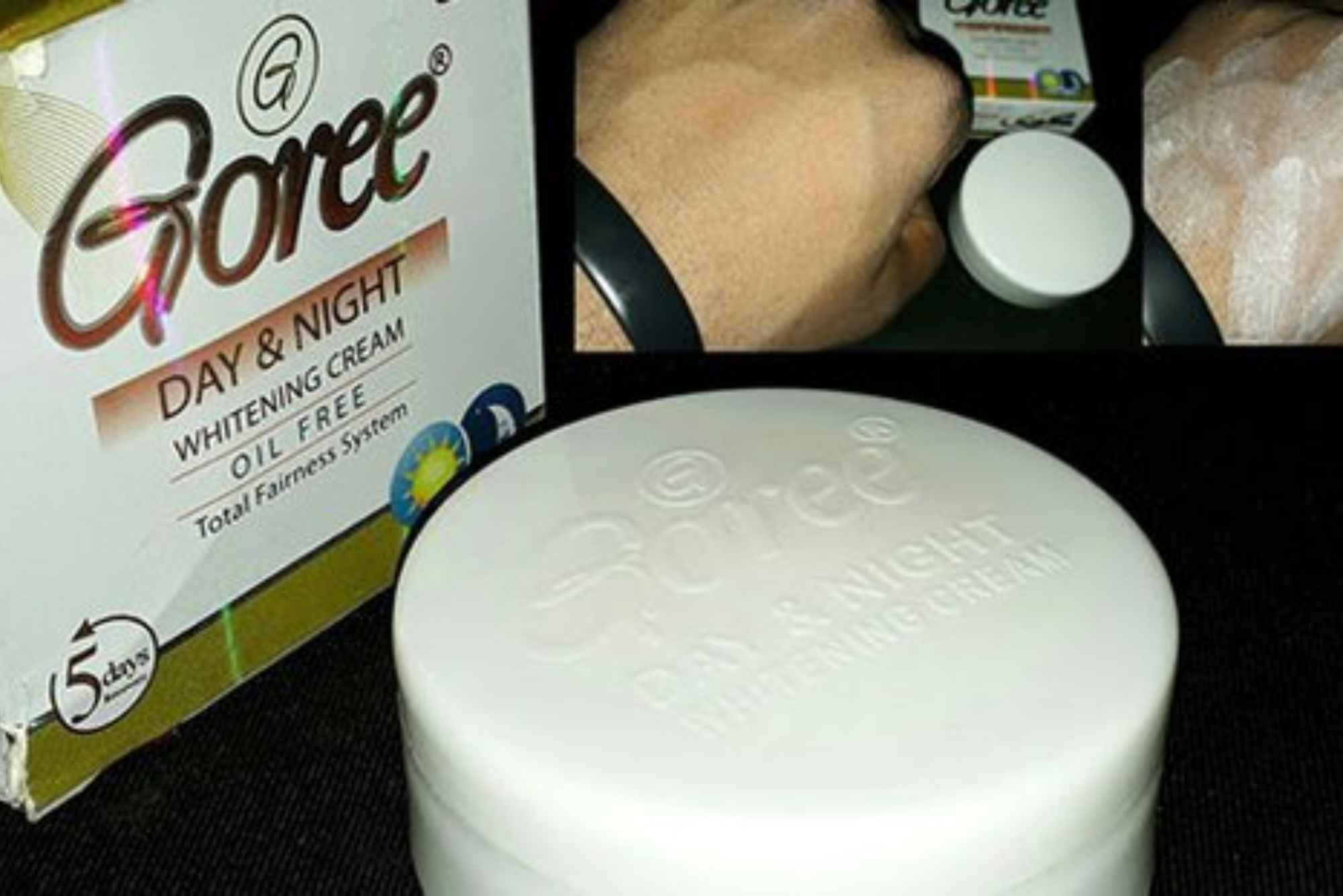Benign prostatic hyperplasia (BPH) is a common condition among aging men, leading to symptoms such as frequent urination, weak urine flow, and bladder discomfort. Many individuals seek natural approaches, such as dietary changes and fasting, to manage BPH symptoms effectively. But how long should you fast to see improvements in BPH? Understanding the impact of fasting on prostate health can help determine the optimal duration and approach for effective symptom management.
Understanding Fasting and Its Effects on BPH
Fasting has been associated with various health benefits, including reduced inflammation, improved metabolism, and enhanced hormonal balance. When done correctly, fasting may help regulate insulin levels, decrease oxidative stress, and support prostate health. The duration of fasting required for noticeable improvements in BPH symptoms depends on several factors, including an individual’s overall health, diet, and consistency in fasting routines.
Short-Term vs. Long-Term Fasting for BPH
Intermittent Fasting and BPH Management
Intermittent fasting (IF) involves cycles of eating and fasting within a specific time frame. This method has been found to improve metabolic processes and reduce inflammation, which can positively impact prostate health. Common intermittent fasting approaches include:
- 16:8 Method: Fasting for 16 hours and eating within an 8-hour window
- 18:6 Method: Fasting for 18 hours with a 6-hour eating period
- 20:4 Method: Extending fasting to 20 hours with a 4-hour eating window
Some individuals report noticeable relief from BPH symptoms after practicing intermittent fasting for several weeks, as it helps reduce inflammation and supports healthy hormone regulation.
Extended Fasting for Deeper Benefits
For individuals seeking more profound health benefits, extended fasting (lasting 24 hours or more) may provide additional improvements. Longer fasting periods promote autophagy, a cellular process that helps eliminate damaged cells and supports tissue regeneration. This can be particularly beneficial for prostate health by reducing oxidative damage and promoting cellular repair.
While fasting for 24 to 48 hours may yield positive results, longer fasts should be approached with caution and under medical supervision. Hydration and electrolyte balance are crucial during extended fasting to prevent complications.
Scientific Insights on Fasting and BPH Relief
Studies suggest that fasting can help regulate insulin sensitivity, lower inflammation markers, and promote hormonal balance, all of which are crucial in managing BPH symptoms. Reducing excessive calorie intake and practicing fasting may slow the progression of prostate enlargement.
To explore more about the relationship between fasting and BPH, understanding expert insights can help tailor fasting strategies to individual health needs.
Best Practices for Fasting to Improve BPH
Stay Hydrated
Water intake is essential during fasting periods to support kidney function and flush out toxins. Herbal teas and electrolyte-rich fluids can also help maintain hydration and prevent dehydration-related complications.
Incorporate Anti-Inflammatory Foods
When breaking a fast, choosing nutrient-dense foods is vital for maximizing benefits. Foods such as leafy greens, berries, nuts, and omega-3-rich fish support prostate health and minimize inflammation.
Avoid Processed Foods and Excessive Sugar
Refined sugars and processed foods can contribute to inflammation and worsen BPH symptoms. After fasting, opt for whole foods, lean proteins, and healthy fats to support overall prostate function.
Role of Fasting in BPH Treatment Guidelines
Fasting can be a complementary approach to conventional BPH management strategies, including medications and lifestyle changes. While it may not replace medical treatments, integrating fasting with doctor-recommended protocols can enhance overall symptom relief.
For those seeking expert insights into comprehensive BPH treatment guidelines, exploring professional recommendations can provide a structured approach to symptom management.
Lifestyle Modifications to Support Fasting Benefits
Maintain a Healthy Weight
Obesity is linked to an increased risk of BPH. Fasting can aid in weight management, which in turn may alleviate pressure on the bladder and reduce urinary symptoms.
Engage in Regular Physical Activity
Exercise complements fasting by improving blood circulation and reducing inflammation. Activities such as walking, yoga, and strength training support overall metabolic health and prostate function.
Monitor Symptoms and Adjust Fasting Duration
Every individual responds differently to fasting. Tracking symptoms, adjusting fasting duration, and consulting a healthcare provider can help optimize results. Gradually increasing fasting duration and incorporating balanced meals ensures sustained benefits without causing unnecessary stress on the body.
Conclusion
Fasting offers promising benefits for individuals dealing with BPH. While intermittent fasting may provide gradual relief over weeks, extended fasting can accelerate improvements through enhanced cellular repair. Staying hydrated, consuming anti-inflammatory foods, and maintaining an active lifestyle further enhance fasting’s effectiveness. Consulting a healthcare professional before implementing prolonged fasting is essential to ensure safety and maximize benefits.
For additional health insights and wellness articles, visit Direct Dear to stay updated with the latest information on holistic health approaches.





